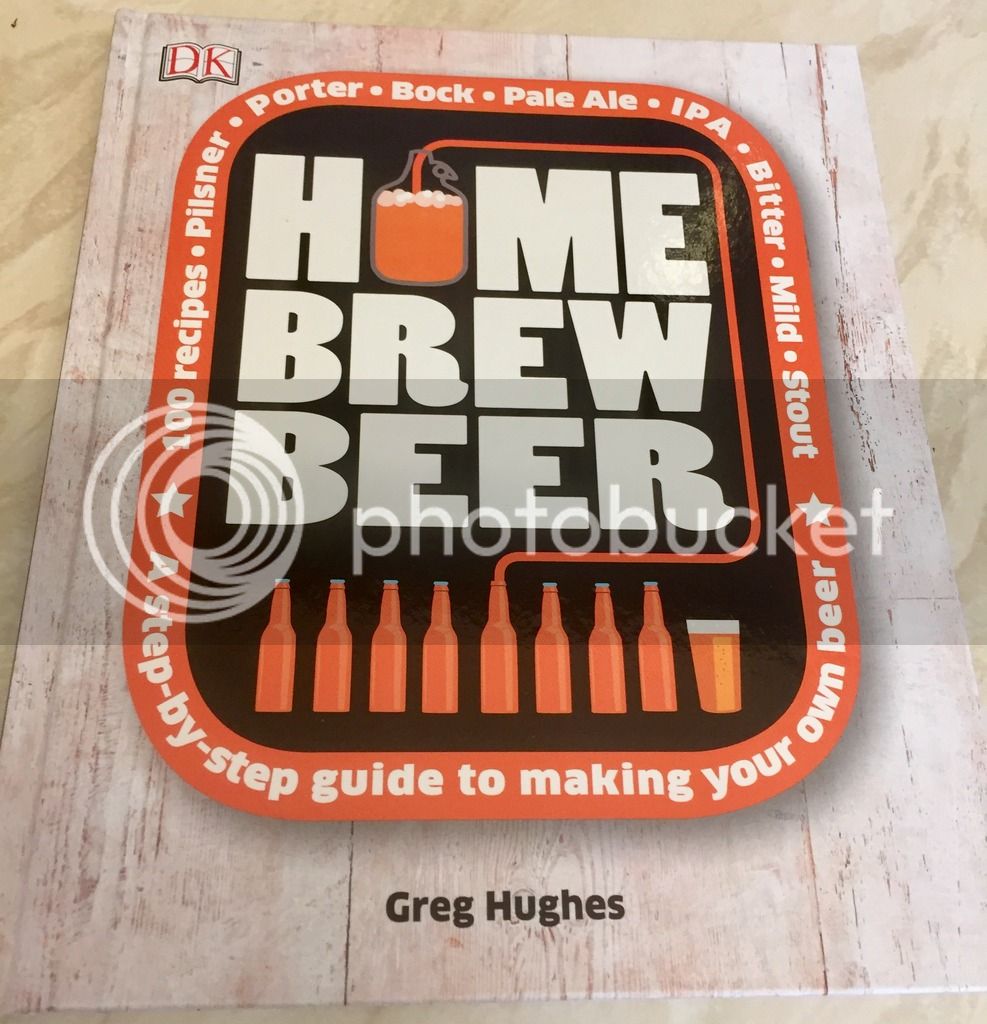strange-steve
Quantum Brewer
- Joined
- Apr 8, 2014
- Messages
- 6,027
- Reaction score
- 5,805

Well first you need to know what your alkalinity is. To do this you need a Salifert KH test kit which will give you an alkalinity value in dKH. Simply multiply that by 17.9 to convert to ppm. Test your water every time you brew, because tap water can be quite variable.
Well first you need to know what your alkalinity is. To do this you need a Salifert KH test kit which will give you an alkalinity value in dKH. Simply multiply that by 17.9 to convert to ppm. Test your water every time you brew, because tap water can be quite variable. (See HERE for the "How to use Salifert test kits" thread.)
@Chippy_Tea sorry for hassling you again, but could you possibly make another amendment to the OP here? In the section under "Adjustment of alkalinity" there is a paragraph which says:
I'd like to add a link so that it now reads:
Thanks again Chippy.
No probs pal..
I've just done the alkanity test..
(Good old YouTube)
Right my thinking is I always fill my HLT from the hot water tap!(taking less time to heat the water) Is this going to be a prob?
If not the reading is:
0.64
5.4 kH value dKH
1.93 alkalinity
Haven't looked further what its means...
Now onto the calcium test...
TBC









Apologies for not replying sooner, had a wedding to go to yesterday. Anyway, your figures look a little odd, I can't see how the hot water would have more alkalinity and calcium than the cold water. Whether it's from a tank or a combi boiler, the hot is being supplied from the mains, same as the cold. Also the alkalinity and calcium figures seem slightly unusual too, I recommend you test them both again, from the cold tap, to confirm your results.
I treat HLT water for alkalinity (if needed) the chloride /sulphate are need for the mash so I add them dry to the mash and then mash in with water. This way you only need to treat the amount of water used in the mash for Chloride/sulphate and not the sparge water in the HLT
CALCIUM TEST
(Serringe reading=0.88)
= 60ppm
JUST THINKING OUT LOUD...
Now trying it all together is the hard part..(for my tiny brain, what it all means?)
Looking at the alkalinity level chart-
I.e. A Centurion Ghost Ale- Pale Ale?
20ppm
Reading the guide-
(alkalitity reading 4.8 x 17.9)
= 85.92ppm
So.....getting the level down to the 20ppm?
I get my delivery of acids CRS Gypsum in about an hr...
I'll hold it right there...don't want over Step the mark..
As u know it'll will get confusion very quickly lol
Ok we're getting somewhere now, and your water isn't bad at all.
So for a hoppy pale ale you want an alkalinity of somewhere around 20ppm and calcium of 100ppm.
Looking at the table then you need to add about 0.3ml/L of CRS and 0.2g/L of gypsum.
Thx Steve,
Ova the moon.
Still waiting of my CRS...got the Gypsum...
Reet!!! 0.3 ml/l n 0.2g/l how do I measure them.....sorry in memory is gone so haven't done it before!!!
Looking at a bloke that 3 tropical fish tanks, water treatment...co2 tank the lot!!! Memory all gone...
Thx Steve I apreciate your time n effort and taking your time with me.
There's a few ways to measure out the additions. For liquids such as lactic acid or CRS, use a syringe (like the ones that come with the Salifert kits). You can usually get these from a pharmacy or chemist.
For the salts, the best way is using jewellery scales which can be bought for a few quid on ebay. THIS is the one I use. If you don't have scales with the necessary accuracy, another method is to make a solution up by measuring, for example, 5g of gypsum and adding it to 2L of water (this is about the solubility limit of gypsum). Then you can add the appropriate amount of solution, 40ml=0.1g of gypsum. A third, and much less accurate option, is to measure out in teaspoons, 1 level tsp= approx 4g of gypsum.
as you imagine with the other addiction (online shopping) ive got scales ans the syringe.